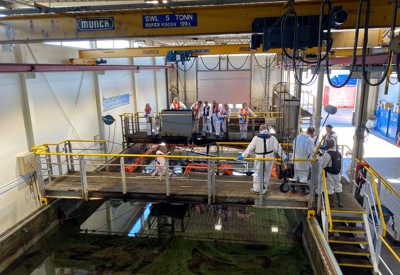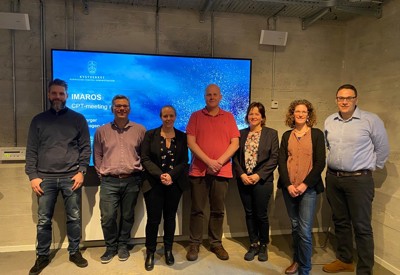
From 2020 to 2022, the Norwegian Coastal Administration will lead the EU-funded IMAROS project, which aims to gather knowledge and experience from several countries to develop recommendations on how to best carry out oil spill response operations involving low-sulphur fuel oils. The project is a collaboration between Norway, Sweden, Denmark, France, Belgium, and Malta.
See the video about the IMAROS project further down the page.
